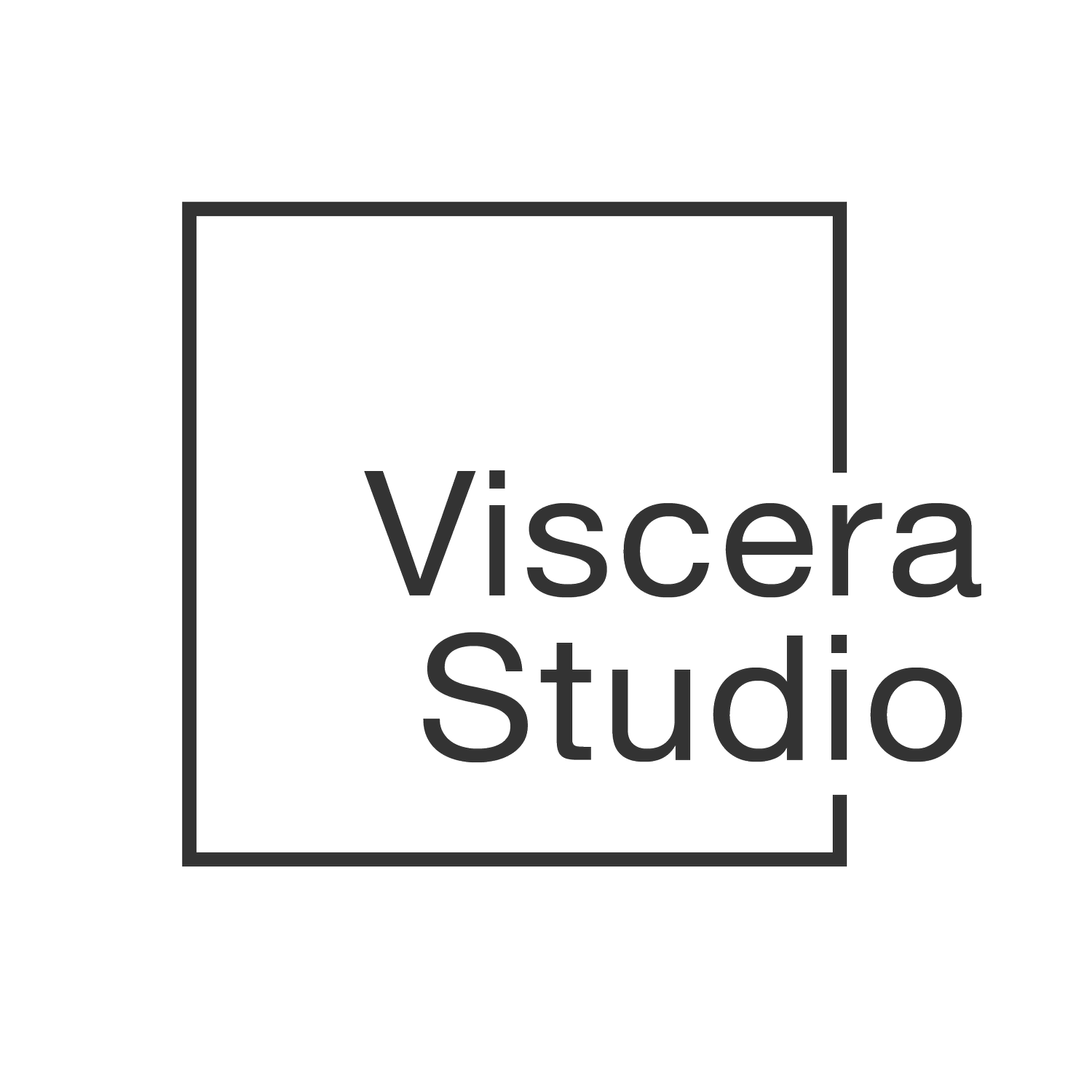What networking really is?
This weekend, I trekked over to Philadelphia for the American Planning Association’s Arts & Planning event. I’ll admit I was a bit nervous because I didn’t have my usual home-field advantage (you can read more about the awkwardness of feeling like the new kid in this blog). Despite my feeling anxious, it was an entirely successful event. I got to meet lots of folks who share my interest in the intersection of art/design and the built environment. I haven’t been to many networking events since the before times and am still finding my footing at in-person events– especially on a new coast.
In preparation for the event, I did what I always do when I’m uncertain about something– I googled it (just a friendly reminder, don’t be frugal with your google). I tried to arm myself with go-to phrases and brushed up on best practices, but after the event, I realized I probably didn’t need to do all that. I didn’t use much of what I had googled and some of the things google results advised, I already do intuitively. After the event, I reflected on how delightful that event was and (both for you and me) wanted to do my best to answer the question of “what is good networking, really?” After jotting down some thoughts, I have three main takeaways:
Explore your curiosity
Curiosity has always been one of my favorite traits about people (I can safely say the common thread of people I get along with is that they’re curious and lifelong learners). It’s helpful to remember that curiosity is a good approach to networking not only because it helps you learn things, but it really does open doors and invites people in to share with you. Being curious about other people’s work, why they do it, how they got there– it’ll do wonders. My go to networking line is “how do you spend your time?” and I love that phrase so much because it really invites people to share more of themselves than a question like “what do you do?”. It opens a door for them to share about a hobby, their family, or just things they really enjoy and want to talk about.
Having a good pitch always helps
In some ways I’m returning to the basics
Building in times to return to the basics is a useful practice
A pitch is always evolving, it should be flexible based on your audience
Keep an open mind
You don’t know how things will go, lower your expectations and you might be surprised
Being okay with being new, embrace it — most people want to help
Let go— you can’t predict where things will go or who will be in the room, that’s the alchemy of chance (thanks universe)
Now all of these things are true for activities beyond networking (and maybe seem a bit obvious) but I think these three things are helpful to keep in mind, especially when you’re feeling that anxiety right before an event and are considering bailing.


